Shyam Bishen, head of Shaping the Future of Health and Healthcare at the World Economic Forum (WEF), welcomed China's call for building "a community of common health for mankind" amid the global public health crisis caused by the COVID-19 pandemic.
"The WEF applauds this commitment from the government of China and President Xi ... of both funding and resources to combat the ongoing (COVID-19) pandemic," Bishen said in an interview on the sidelines of the WEF Annual Meeting on Wednesday.
He also underlined the problems of access to COVID-19 vaccines in developing countries, naming it a problem that links to health equity.
"The problem was that most of the production for vaccine was coming from rich nations and was concentrated in just certain areas in the developed world. It was very hard to get out vaccines to developing low and middle-income countries in Africa and other parts of the world," said Bishen.
"Even now we only have about 16 to 17 percent of the African population vaccinated, whereas there is an oversupply of vaccine in the developed world," he said, urging for a more distributed vaccine manufacturing capacity.
He said China has made a significant contribution with its at least three listed COVID-19 vaccines approved for emergency use by the World Health Organization (WHO).
"COVID-19 vaccines from China are being used in many developing countries. China has made very good contributions," he added.
Pursuit of better health equity
Bishen also said that the goal of health equity can only be achieved if "both the social determinants as well as non-social determinants of health equity" are looked at.
"We have challenges with regard to the access to healthcare products and services because of the social determinants, and because of poverty and inequality in society where many people do not have access to good education," Bishen said.
"They don't have access to transport or to good food, and that leads to health inequality," he noted. "At the same time, people don't have access to healthcare products because of the places or the regions they are living in, and because of their social-economic situation."
"We are trying at the World Economic Forum to create public-private partnerships to bring about better health equity so that products and services can be made available across the world, irrespective of the geography," he added.
Looking ahead to the next pandemic, Bishen said it would require global cooperation, including a pathogen surveillance and timely share of information.
"If (the next pandemic) happens, we want to make sure we do a better job of controlling that pandemic through easy access to vaccines, easy access to diagnostics, as well as treatments," he added.










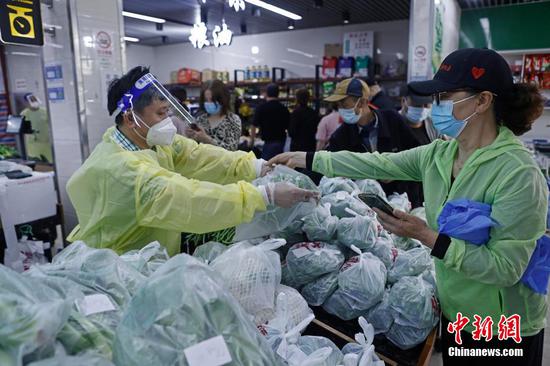
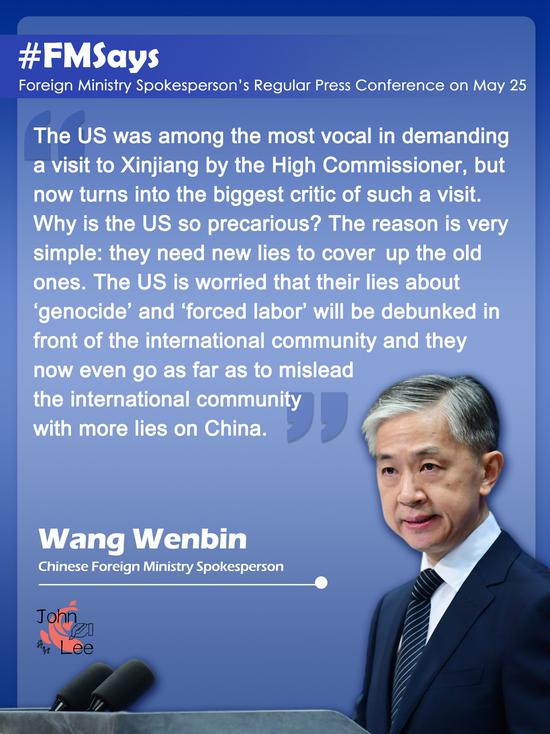





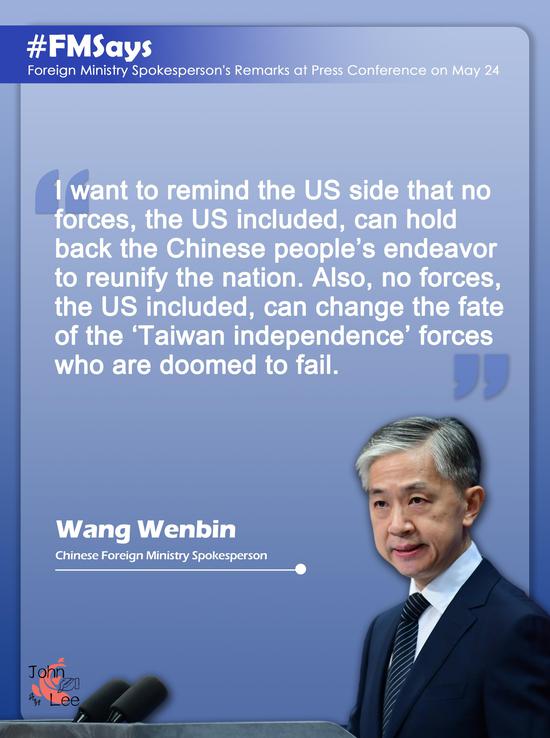
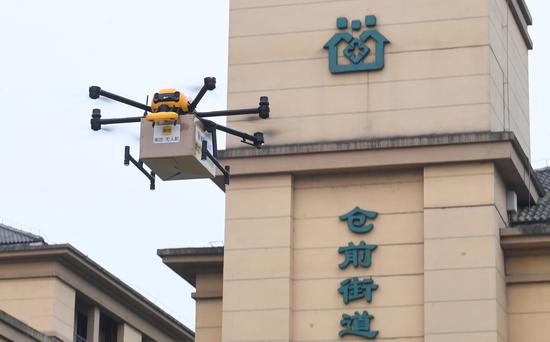
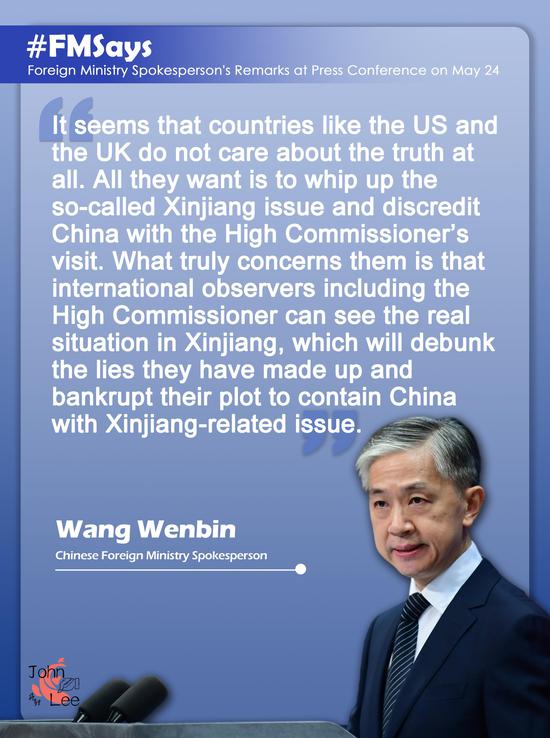



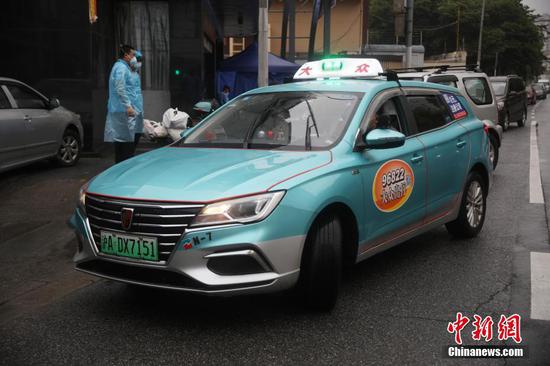



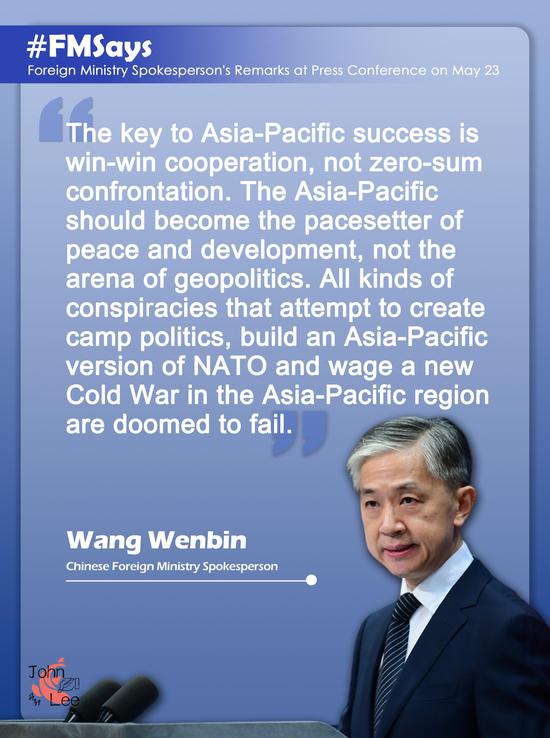



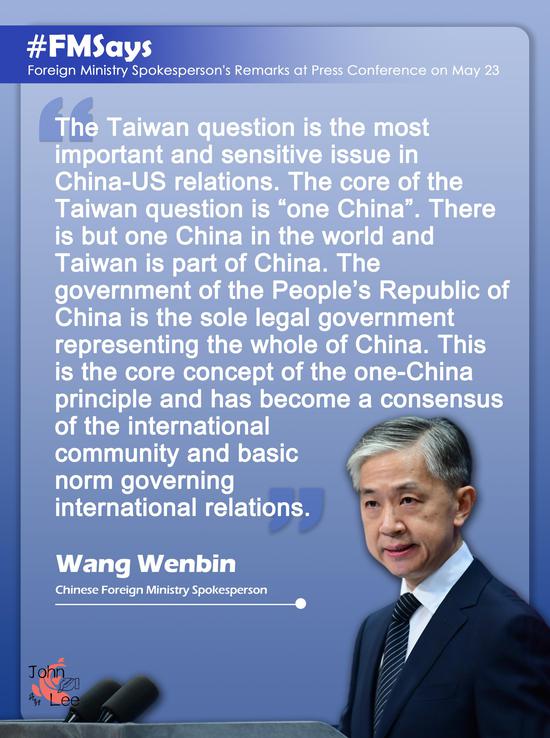










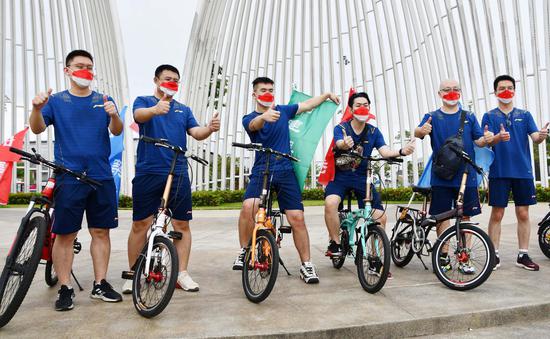





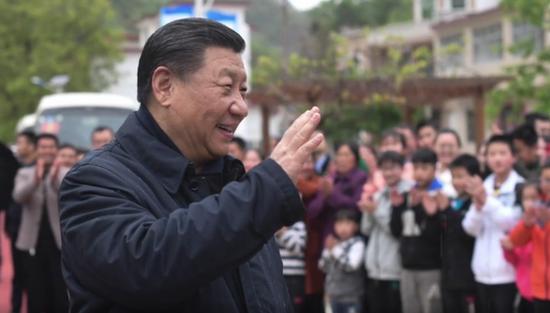

 京公网安备 11010202009201号
京公网安备 11010202009201号